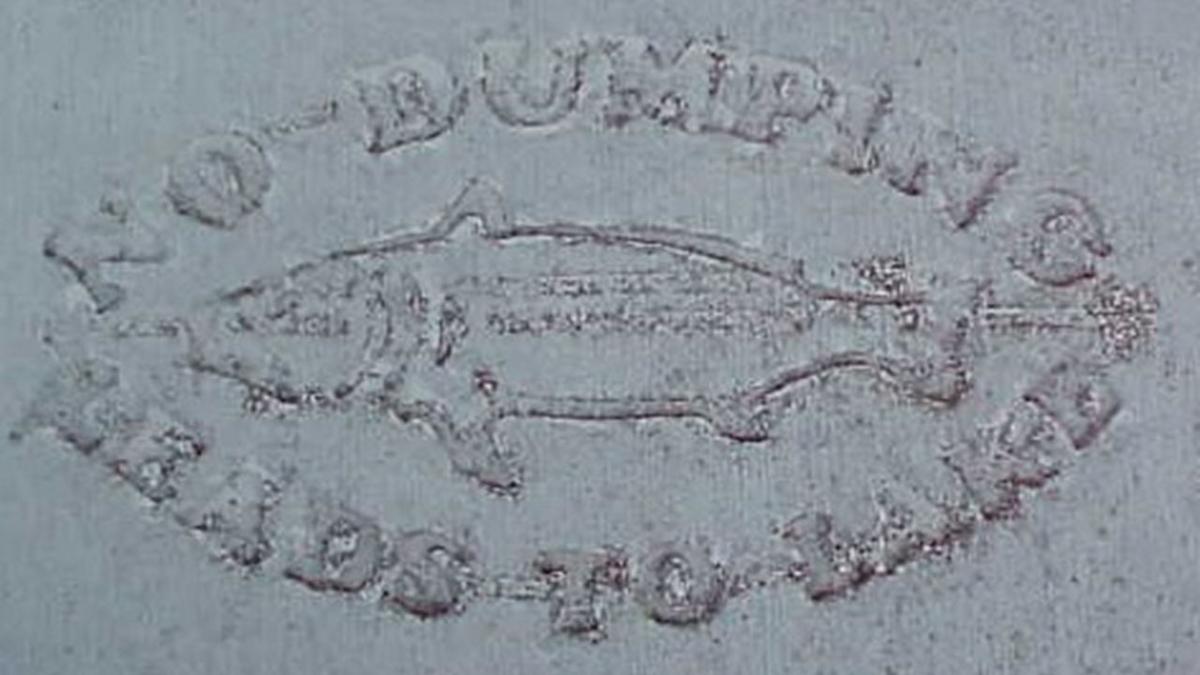Have you seen one of these stamps around campus?
The stamps, marked, “No Dumping – Leads to Lake” are a public reminder that whatever goes into a storm water catch basin drains directly to local waters. This is especially important during a rainy week like this one.
Here is an example of what a storm water catch basin looks like:

This is where the rain goes!
When it rains, some of the rainwater soaks into the ground, some is directed to pollution prevention features on campus, and part of it flows over land and impervious surfaces such as paved streets, parking lots, building rooftops, and compacted construction sites before discharging into local waters.
The part that discharges into local waters is called storm water runoff. Storm water runoff is the number one urban water pollution problem.
The rain can pick up trash, car drippings, fertilizers, and other harmful pollutants before it reaches a catch basin.
Unlike sanitary waste, or sewage, storm water that reaches these catch basins drains directly into local streams and Lake Superior.
Here are some tips to help keep local water clean:
1. Never dump anything down storm drains. Please report if you see evidence of oils, paints, etc. dumped or washed into catch basins. See the UMD Facilities Management Storm Water Hotline for more information.
2. Apply lawn chemicals according to the label. Do not over apply chemicals and never apply before a rain event.
3. Keep grass clippings and other yard waste out of street gutters and storm drains. Drains blocked by excessive debris could cause flooding. Compost or mulch instead.
4. Dispose of used motor oil, paint, and other household chemicals properly. Visit WLSSD to learn more.
5. Do not dispose of used cooking oil by dumping it outside or in a storm drain.
6. Take your car to a commercial car wash facility or wash your car in the grass. Washing cars on driveways or streets will result in the cleaning products flowing directly into storm drains.
7. Pick up your pet’s waste. Pet waste can carry harmful bacteria and parasites.
8. Don’t litter. Make sure trash is secure and the lid to the disposal bin is closed, especially before a rain event.
How do you help keep local water clean when it rains? Share your ideas with the UMD Office of Sustainability on Facebook, Twitter or Instagram (at @UMDSustain).
Remember to hashtag #WaterWednesday.
Note: Water Wednesday posts are written by UMD Storm Water Assistant, Charlie Johnson, who works with Facilities Management and the Office of Sustainability to help implement the UMD Storm Water Pollution Prevention Plan (SWPPP).
